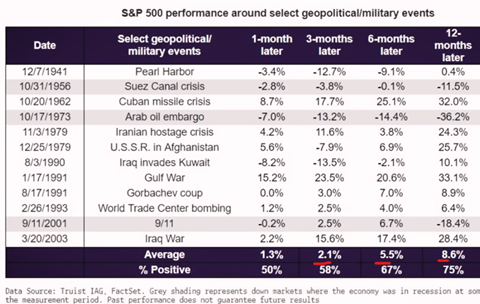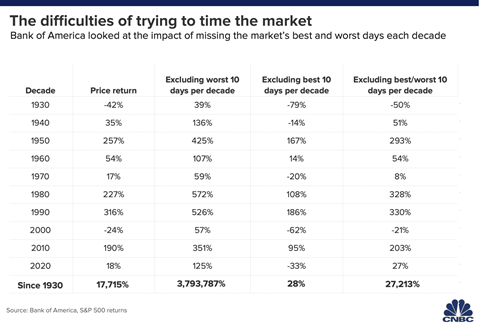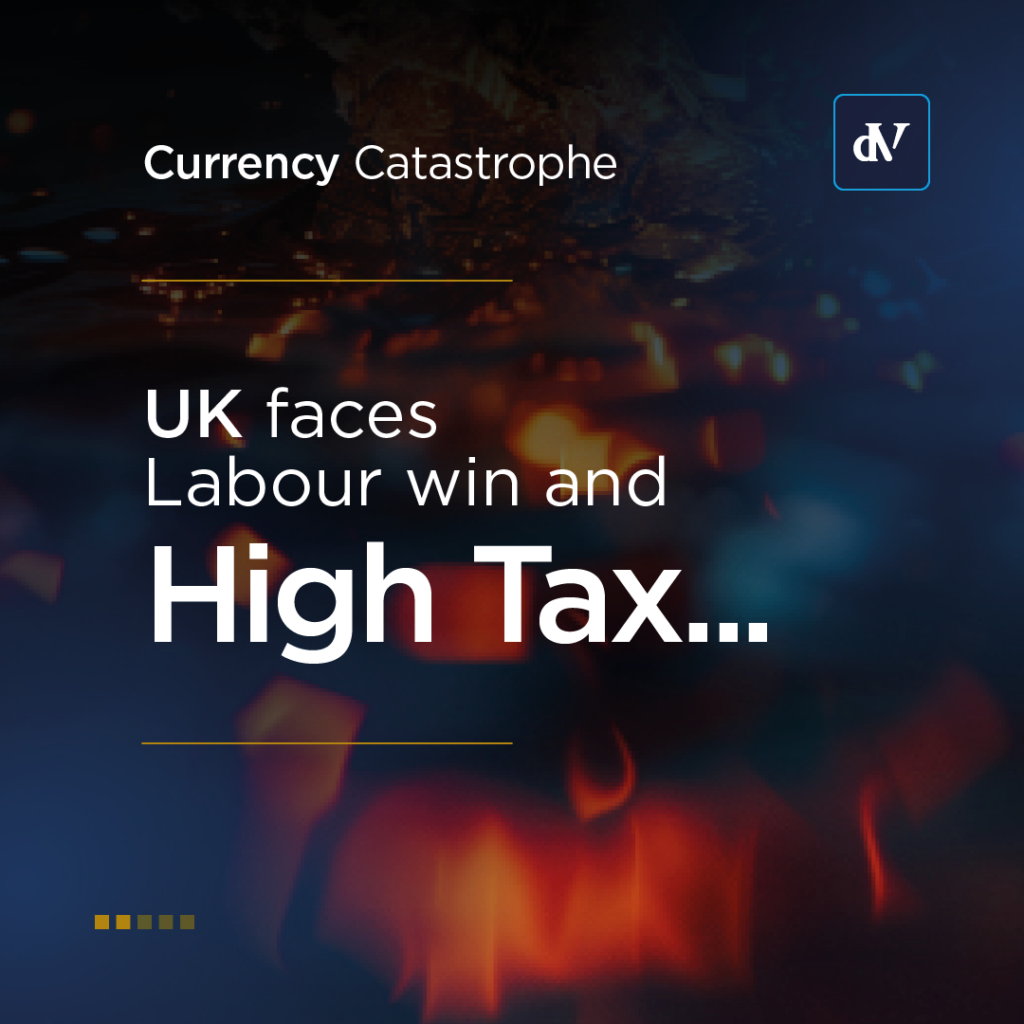|
Getting your Trinity Audio player ready...
|
Just as everything appeared to be getting back to normal, another crisis has emerged. Such is the magnitude of the situation in Ukraine; COVID-19 has all but disappeared from the headlines. The severity of the conflict has sent financial markets into a downward spiral. Once again, the question investors are asking is “how to navigate a period of market volatility?”
Within this blog, we look at:
- How markets have responded to similar situations throughout history
- The various benefits of staying invested during a period of volatility
- Why investors may be wise to look to capitalise on the market position
What is market volatility?
Volatile periods in financial markets are characterised by rapid changes in companies’ share prices, commodities, currencies, government bonds, and other asset classes.
Global stock markets (for which this blog will focus on) are comprised of tens of thousands of individual companies. When market-disrupting events such as Russia’s invasion of Ukraine take place, the global stock markets react negatively.
Share prices of companies often fall as investors pull their money out, in the fear than the company’s performance will suffer as a result of the disruptive event. This was exemplified in the early stages of the COVID pandemic when the biggest losers were airlines, energy companies and hospitality/tourism companies, who were all impacted significantly by restrictions.
Is volatility cyclical in nature in financial markets?
As all seasoned investors will tell you, volatility in financial markets is inevitable. At certain times volatility is higher as a result of major global events. The frequency and severity of these events cannot be predicted. However, their sporadic and unannounced occurrence is virtually guaranteed.
What should investors do in a volatile market?
All investments carry the risk that they will periodically fall in value. On certain occasions, the falls in value are very sudden and sharp, which understandably leaves investors feeling concerned. In these situations, it’s important that investors maintain a long-term view, by looking at how global financial markets have responded to all previous global crises.
Throughout history, global financial markets have recovered from every crisis including COVID-19, the 2008 financial crisis, 9/11 and wars in Iraq, Afghanistan, Syria, Vietnam, Kosovo, Bosnia, Kuwait and the Falklands. The table below shows how the S&P 500 has reacted to conflicts since 1941.
Whilst global markets have always recovered, specific securities have not; this reality cements the importance of holding a globally diversified portfolio with exposure to several asset classes. During volatile periods, investors should not become fixated on the position of the markets. Instead, they should keep their focus on the initial reason why they started investing, to keep sight of the long-term goal.

Understanding the difference between a fall in portfolio value & a loss
During periods of volatility, portfolio values will often fall, as global stock markets contract. As an example, if an investor held two shares in Amazon, and the share value of Amazon dropped considerably, the investor would still own two shares, the value of these shares would simply be lower.
The investor can only crystalise a loss if they choose to sell their shares at a lower value than they were previously priced. As investments should be made on a medium-long term basis, it is only advisable to sell during volatility if an investor needs emergency access to the capital. If not, it is advisable to hold the position.
The best days in financial markets throughout history are often only a few days after the worst; because of this trend, it is important investors do not panic sell during a crisis. As the chart shows below, investors who missed the best ten days in the market per decade since 1930 would only have experienced a return of 28%. The overall market return including the 10 best days per decade is 17,715% which demonstrates the importance of maintaining a position within the market over the long term.

Capitalising on the lower prices in the market
Volatility in the market can be uncomfortable for investors; however, as mentioned above, it’s important to maintain perspective of the situation and remain calm.
History shows us that following every crisis, global financial markets have always recovered. Because of this, investors would be wise to view all drops as potential buying opportunities. As Warren Buffett once said, “whether we’re talking about socks or stocks, I like buying quality merchandise when it is marked down”.
This is not to say that investors should charge into the market and buy everything that has experienced a sharp drop in value. Still, they should look to use historical data to their advantage by investing in a globally diversified fashion and capitalising on the market position. As HSBC comment: “periods in which the prevailing mood is overwhelmingly negative can often turn out to be among the better times to invest.”
Speak with an expert today
Whether you’re a deVere client or you’re simply interested in learning more about the topics raised within this blog, please feel free to get in touch today to speak with a financial advisor. Periods of volatility can be disconcerting, however, it’s important to remain calm and maintain a long-term view.
If you’d like to discuss opening an investment account or discussing a pre-existing investment account, please click on this link to arrange a complimentary consultation.



